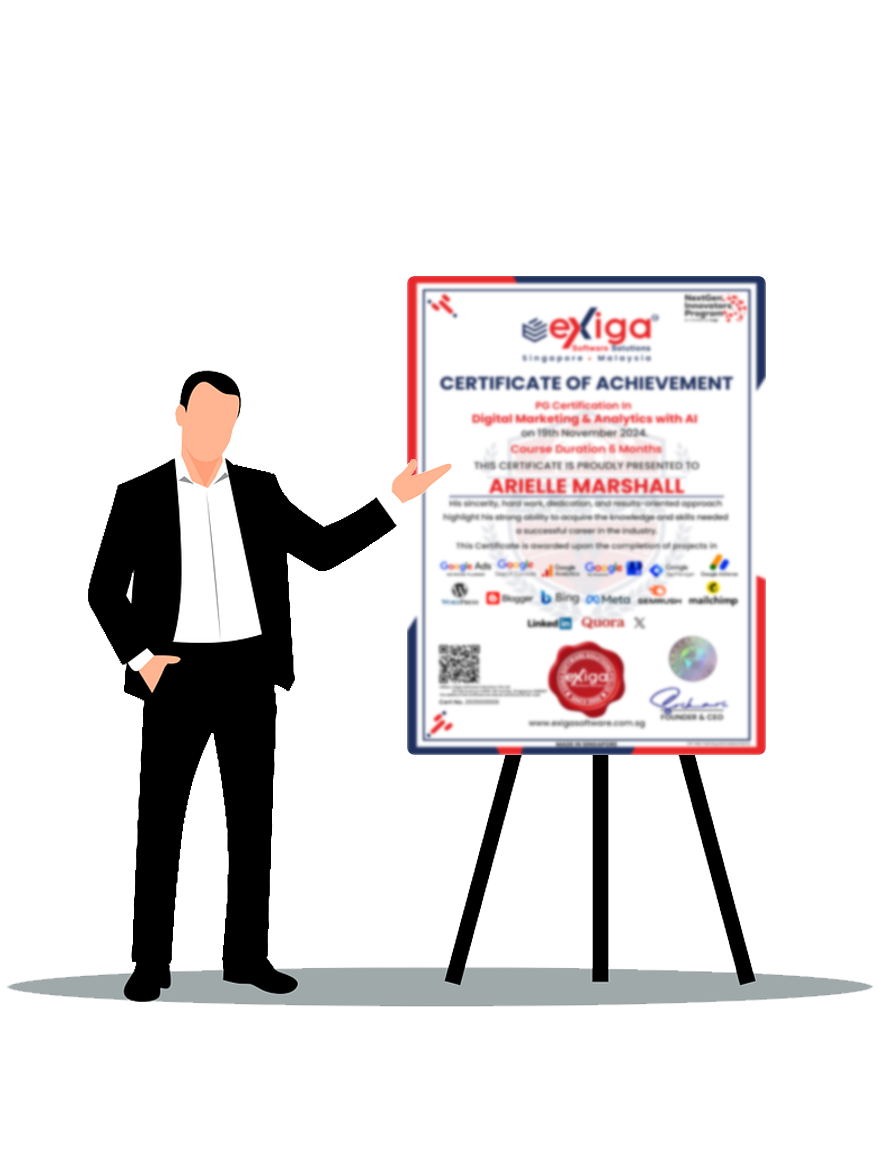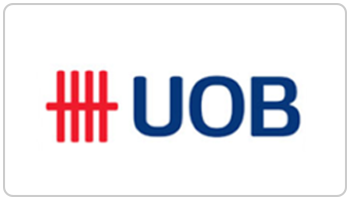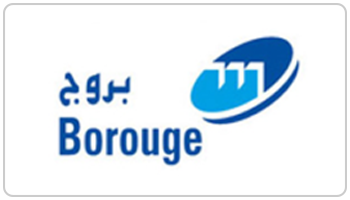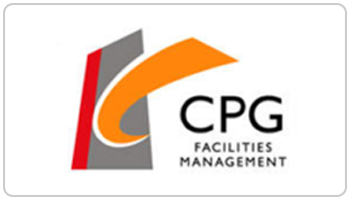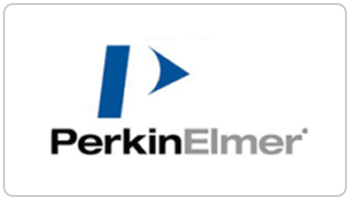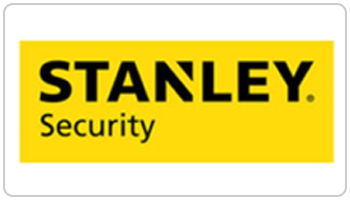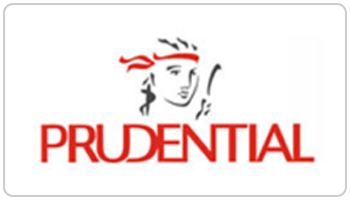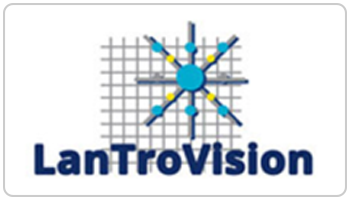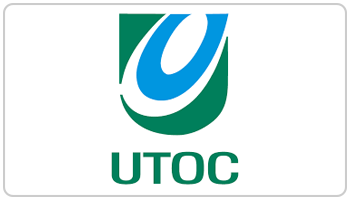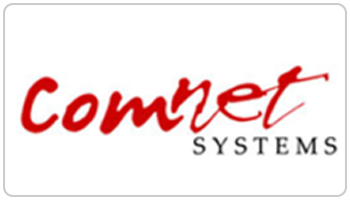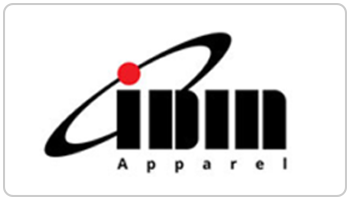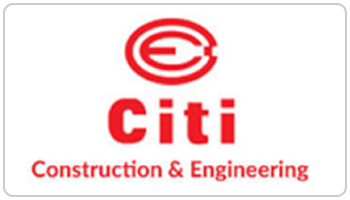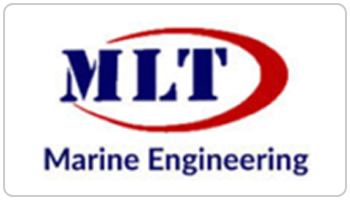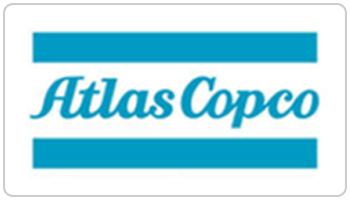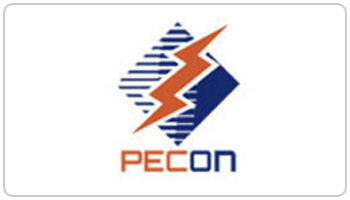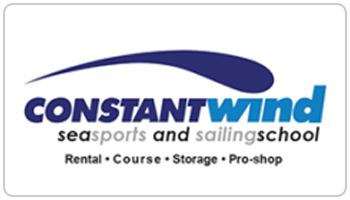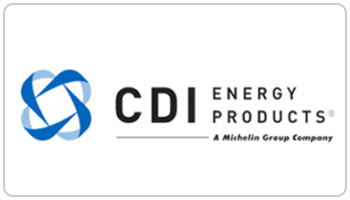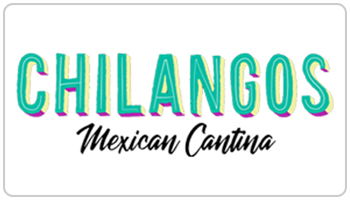Free Skill Development Program in Rural and Urban Areas with 6 Months of Hands-on Live Software Development Experience
(Self-funded by Exiga Software Solutions Pte Ltd,Singapore)
*Eligible for Trainees from Farming Families*


6 Months of Free training, including a stipend and Live Hands-on Experience for Young Graduates from Low-Income Backgrounds, Particularly those from Farming Families.
Learning
6 months of free training with hands-on experience for young graduates from low-income backgrounds, particularly those from farming families.

Free Skill Development Program in Rural and Urban Areas with 6 Months of Hands-on Live Software Development Experience
(Self-funded by Exiga Software Solutions Pte Ltd,Singapore)
*Eligible for Trainees from Farming Families*
6 Months of Free training, including a stipend and Live Hands-on Experience for Young Graduates from Low-Income Backgrounds, Particularly those from Farming Families.

Free IT Trainingwith Live Hands-on Experience

Certified Professional in Digital Marketing & Analytics with AI
Get hands-on, practical, real-world digital marketing skills. Leverage AI-powered insights for smarter strategies and optimize performance with real-time analytics and data-driven decisions.

Certified Professional in Website Design with AI
Design stunning, user-friendly websites with the power of AI. Accelerate development with smart templates and automated tools. Enhance user experience through data-driven personalization.

Certified Professional in Data Engineering & Data Analytics with AI
Build robust data pipelines to manage and transform raw data. Unlock insights through advanced analytics and visualization. Empower decision-making with clean, actionable data.

Certified Professional in Full Stack Development with MVC & Blazor UI
Master full stack development using the MVC architecture. Build dynamic, modern web apps with Blazor's powerful UI framework. Develop scalable, end-to-end solutions with real-time interactivity.
Our Prophecy
We Use Our Focused Set OfCapabilities
Learn To Surf At One Of California’s Most Famous Spots During This Introductory Surfing Class.
PG Certification Program in Digital Marketing & Analytics AI
Understand The Foil Board Setup, The Stance, The Riding Techniques, And The Underwater Wings Work.
Surfing Class
Enjoy A 2-Hour Surfing Lesson With An Experienced Guide Who Is Also A Professional Lifeguard In Hawaii.
Kitesurfing
Kiteboarding And Kitesurfing At The Beautiful North Carolina's Crystal Coast.
"Zero Training Fee + Zero Experience Fee: All-in-One Free!"
Subject + Tools + Strategies + Case Studies + Live Experience

Digital Marketing is a High-Demand Skill that Promises a Bright Career Future in Today’s Market.

Website Designing
We will teach you How to create a Stunning Website
Search Engine Optimization
Search Engine Optimization (SEO) is the process of optimizing a website to improve its visibility and ranking on search engine results pages (SERPs). Here is an overview of the topics Our SEO course will cover:
- Introduction to SEO: The course start with an introduction to SEO, including its history, principles, and importance in digital marketing.
- Keyword Research: Keyword research is a critical component of SEO. The course should cover how to identify and select appropriate keywords for your website and how to use them in your content.
- On-Page Optimization: On-page optimization involves optimizing your website’s content, structure, and HTML code for search engines. We cover topics such as title tags, meta descriptions, header tags, and internal linking.
- Off-Page Optimization: Off-page optimization refers to activities that improve your website’s visibility and authority outside of your website. The course should cover topics such as link building, social media marketing, and online reputation management.
- Technical SEO: Technical SEO involves optimizing your website’s technical infrastructure, such as website speed, mobile optimization, and structured data. The course should cover technical topics such as website speed optimization, mobile optimization, and schema markup.
- Analytics and Reporting: We cover how to measure and analyze the effectiveness of your SEO efforts using tools like Google Analytics and how to report your results to stakeholders.
- SEO Tools: There are several SEO tools available that can help you optimize your website. We cover some of the most popular ones, such as SEMrush, Ahrefs, and Moz.
Search Engine Marketing ( Google Ads)
Google Ads is a digital advertising platform that allows businesses to create and display ads on Google’s search engine results pages (SERPs) and across Google’s network of websites and apps. A comprehensive Google Ads course should cover the following topics:
- Introduction to Google Ads: The course should start with an overview of Google Ads, including its history, features, and benefits for businesses.
- Keyword Research: Keyword research is essential for creating effective Google Ads campaigns. The course should cover how to identify and select appropriate keywords for your ads and how to use them in your ad copy.
- Ad Formats: Google Ads offers several ad formats, including search ads, display ads, video ads, and shopping ads. The course should cover how to create and optimize each of these ad formats.
- Ad Targeting: Targeting is critical for ensuring that your ads reach the right audience. The course should cover how to target your ads based on factors such as location, demographics, interests, and behaviors.
- Bidding and Budgeting: Google Ads uses a bidding system to determine which ads are displayed on SERPs and other websites. The course should cover how to set your bids and budgets for your campaigns.
- Ad Performance Measurement: The course should cover how to measure the performance of your ads using metrics such as click-through rate (CTR), cost per click (CPC), conversion rate, and return on ad spend (ROAS).
- Optimization Techniques: The course should cover optimization techniques for improving the performance of your ads, such as A/B testing, ad rotation, ad scheduling, and ad extensions.
- Google Ads Tools: There are several tools available within Google Ads that can help you optimize your campaigns. The course should cover some of the most popular ones, such as Google Ads Editor, Keyword Planner, and Google Analytics.
Social Media Marketing
Social media marketing (SMM) is the practice of using social media platforms to promote a product, service, or brand. A comprehensive social media marketing course should cover the following topics:
- Introduction to Social Media Marketing: The course should start with an overview of social media marketing, including its history, benefits, and best practices.
- Social Media Platforms: There are several social media platforms available, and each has its unique features and benefits. The course should cover the most popular platforms, such as Facebook, Twitter, Instagram, LinkedIn, and YouTube, and how to create and optimize accounts on each platform.
- Content Creation: Content is the heart of social media marketing, and the course should cover how to create compelling and engaging content for social media platforms, such as text posts, images, videos, and stories.
- Social Media Advertising: Social media advertising allows businesses to reach a wider audience and promote their products or services through paid ads. The course should cover how to create and optimize ads on social media platforms, including targeting, bidding, and ad formats.
- Social Media Analytics: Analytics are critical for measuring the effectiveness of social media marketing campaigns. The course should cover how to use analytics tools such as Facebook Insights, Twitter Analytics, and Google Analytics to track and analyze social media metrics such as engagement, reach, and conversions.
- Influencer Marketing: Influencer marketing involves partnering with social media influencers to promote a product or service. The course should cover how to identify and work with influencers, and how to measure the effectiveness of influencer marketing campaigns.
- Social Media Strategy and Planning: A successful social media marketing campaign requires a well-defined strategy and plan. The course should cover how to create a social media strategy, including setting goals, identifying target audiences, creating content calendars, and measuring success.
- Social Media Management Tools: There are several social media management tools available that can help businesses manage their social media accounts and campaigns more efficiently. The course should cover some of the most popular tools, such as Hootsuite, Buffer, and Sprout Social.
Email Marketing
Email marketing is the practice of using email to promote products or services and build relationships with customers or subscribers. A comprehensive email marketing course should cover the following topics:
- Introduction to Email Marketing: The course should start with an overview of email marketing, including its history, benefits, and best practices.
- Email Marketing Platforms: There are several email marketing platforms available, and each has its unique features and benefits. The course should cover the most popular platforms, such as Mailchimp, Constant Contact, and AWeber, and how to create and optimize email campaigns on each platform.
- Email List Building: An email list is critical for email marketing success, and the course should cover how to build an email list, including how to create lead magnets, opt-in forms, and landing pages.
- Email Design and Content: The course should cover how to create engaging and effective email designs, including how to write compelling subject lines, headlines, and body copy. The course should also cover how to optimize emails for mobile devices and how to use images and videos in emails.
- Email Campaign Management: The course should cover how to manage email campaigns, including how to segment email lists, set up autoresponders, and A/B test emails.
- Email Deliverability: Email deliverability refers to the ability of emails to land in subscribers’ inboxes. The course should cover how to optimize email deliverability, including how to avoid spam filters, use email authentication, and monitor email metrics.
- Email Analytics: Analytics are critical for measuring the effectiveness of email marketing campaigns. The course should cover how to use email analytics tools, such as open rates, click-through rates, and conversion rates, to track and analyze email performance.
- Email Marketing Strategy and Planning: A successful email marketing campaign requires a well-defined strategy and plan. The course should cover how to create an email marketing strategy, including setting goals, identifying target audiences, creating content calendars, and measuring success.
Google Analytics (GA4)
Google Analytics is a free web analytics service provided by Google that tracks and reports website traffic. A comprehensive Google Analytics course should cover the following topics:
- Introduction to Google Analytics: The course should start with an overview of Google Analytics, including its history, benefits, and best practices.
- Setting up Google Analytics: The course should cover how to set up Google Analytics on a website, including how to create an account, add tracking code, and configure account settings.
- Navigating the Google Analytics Dashboard: The course should cover how to navigate the Google Analytics dashboard, including how to use the menu, view reports, and customize views.
- Understanding Google Analytics Metrics: The course should cover the most important Google Analytics metrics, such as page views, bounce rate, session duration, and conversion rate.
- Understanding Google Analytics Reports: The course should cover how to use Google Analytics reports, such as Audience, Acquisition, Behavior, and Conversions reports, to gain insights into website performance.
- Advanced Google Analytics: The course should cover more advanced topics, such as how to set up goals and events, how to use custom dimensions and metrics, and how to track e-commerce transactions.
- Google Analytics Integrations: The course should cover how to integrate Google Analytics with other tools, such as Google Ads, Google Search Console, and Google Tag Manager.
- Google Analytics Strategy and Planning: A successful Google Analytics implementation requires a well-defined strategy and plan. The course should cover how to create a Google Analytics strategy, including setting goals, identifying key performance indicators, and measuring success.
Blogging, YouTube & Affiliate Marketing
Blogging, YouTube, and affiliate marketing are three related fields that can be taught together in a comprehensive digital marketing course. Here’s an overview of what should be covered in each of these topics:
- Blogging:
- Introduction to Blogging: The course should start with an introduction to blogging, including its history, benefits, and best practices.
- Setting up a Blog: The course should cover how to set up a blog, including choosing a domain name, selecting a hosting provider, and installing a content management system like WordPress.
- Blogging Strategy and Planning: A successful blog requires a well-defined strategy and plan. The course should cover how to create a blogging strategy, including identifying target audiences, creating content calendars, and measuring success.
- Content Creation: The course should cover how to create engaging and effective blog content, including how to write compelling headlines, use images and videos, and optimize posts for search engines.
- Blog Promotion: The course should cover how to promote blog content, including how to use social media, email marketing, and search engine optimization (SEO) to drive traffic to the blog.
- YouTube:
- Introduction to YouTube: The course should start with an introduction to YouTube, including its history, benefits, and best practices.
- Setting up a YouTube Channel: The course should cover how to set up a YouTube channel, including choosing a name, designing a channel art, and optimizing the channel for search engines.
- YouTube Content Strategy and Planning: A successful YouTube channel requires a well-defined strategy and plan. The course should cover how to create a YouTube content strategy, including identifying target audiences, creating content calendars, and measuring success.
- Video Creation: The course should cover how to create engaging and effective YouTube videos, including how to write scripts, use lighting and audio equipment, and edit videos.
- YouTube Promotion: The course should cover how to promote YouTube videos, including how to use social media, email marketing, and search engine optimization (SEO) to drive views to the videos.
- Affiliate Marketing:
- Introduction to Affiliate Marketing: The course should start with an introduction to affiliate marketing, including its history, benefits, and best practices.
- Affiliate Marketing Networks: The course should cover how to join affiliate marketing networks, such as Amazon Associates, ClickBank, and ShareASale.
- Finding Affiliate Products to Promote: The course should cover how to find affiliate products to promote, including how to choose products that match your audience’s interests and needs.
- Affiliate Marketing Strategy and Planning: A successful affiliate marketing campaign requires a well-defined strategy and plan. The course should cover how to create an affiliate marketing strategy, including setting goals, identifying target audiences, and measuring success.
- Promoting Affiliate Products: The course should cover how to promote affiliate products, including how to use blogging, YouTube, and social media to drive sales. The course should also cover how to use email marketing and paid advertising to promote affiliate products.
Digital Marketing Training Syllabus 2025
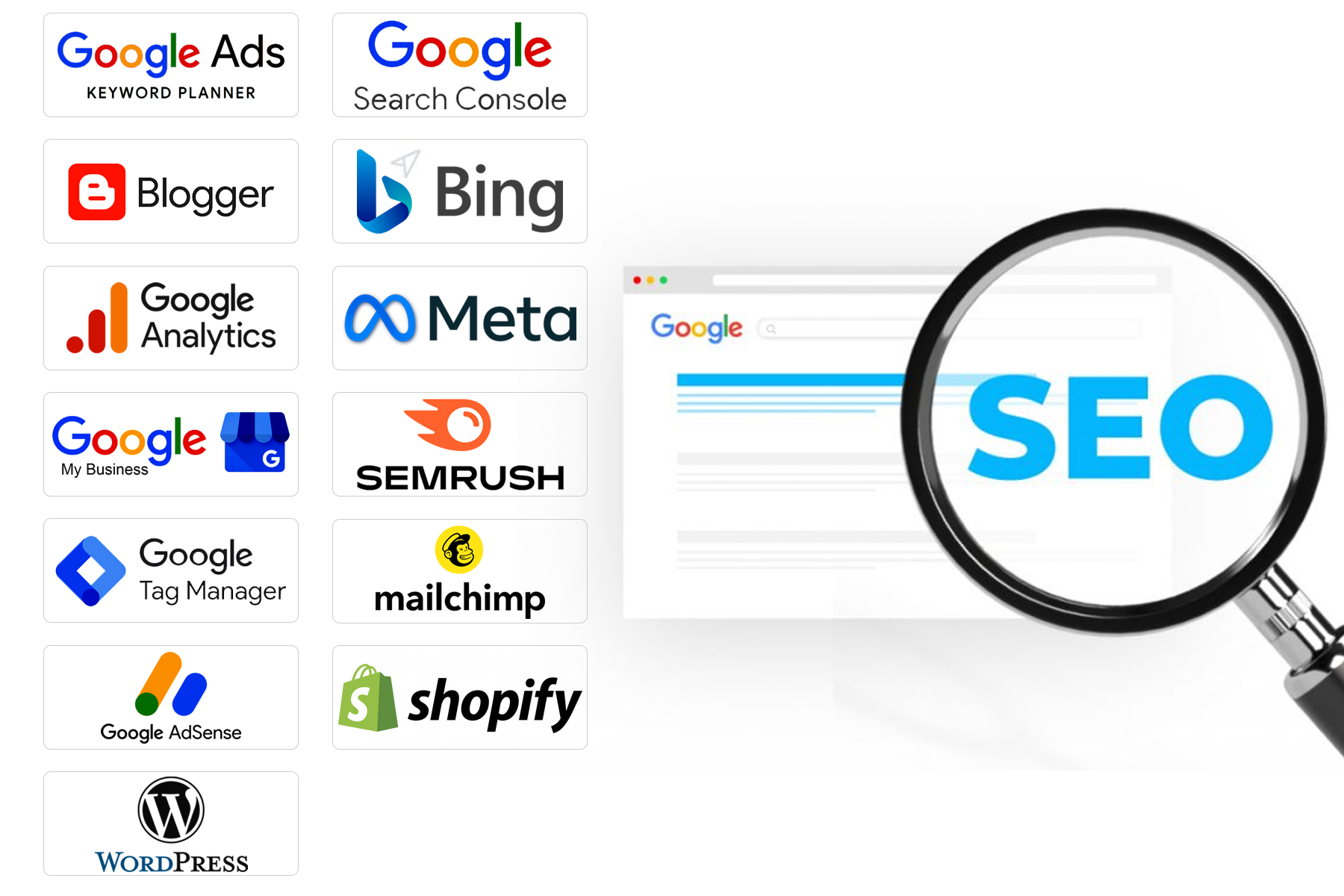
01
Website Designing
02
Search Engine Optimization
03
Experience The Eccentric Spirit Of Venice Beach.
Certification of Completion
Earn a Certification of Completion in industry-relevant IT skills. Hands-on training in areas like Full Stack Development, AI, and Data Analytics. Designed for young professionals and graduates from diverse backgrounds. Gain practical experience through real-world projects and mentorship. Boost your career prospects with recognized, skill-based certification.
If your live hands-on score is at least 75% and your attendance is 90% or above, you will receive a Live Hands-on Experience Certificate and a Training Completion Certificate. If you do not meet these two conditions, a certificate will not be issued.
